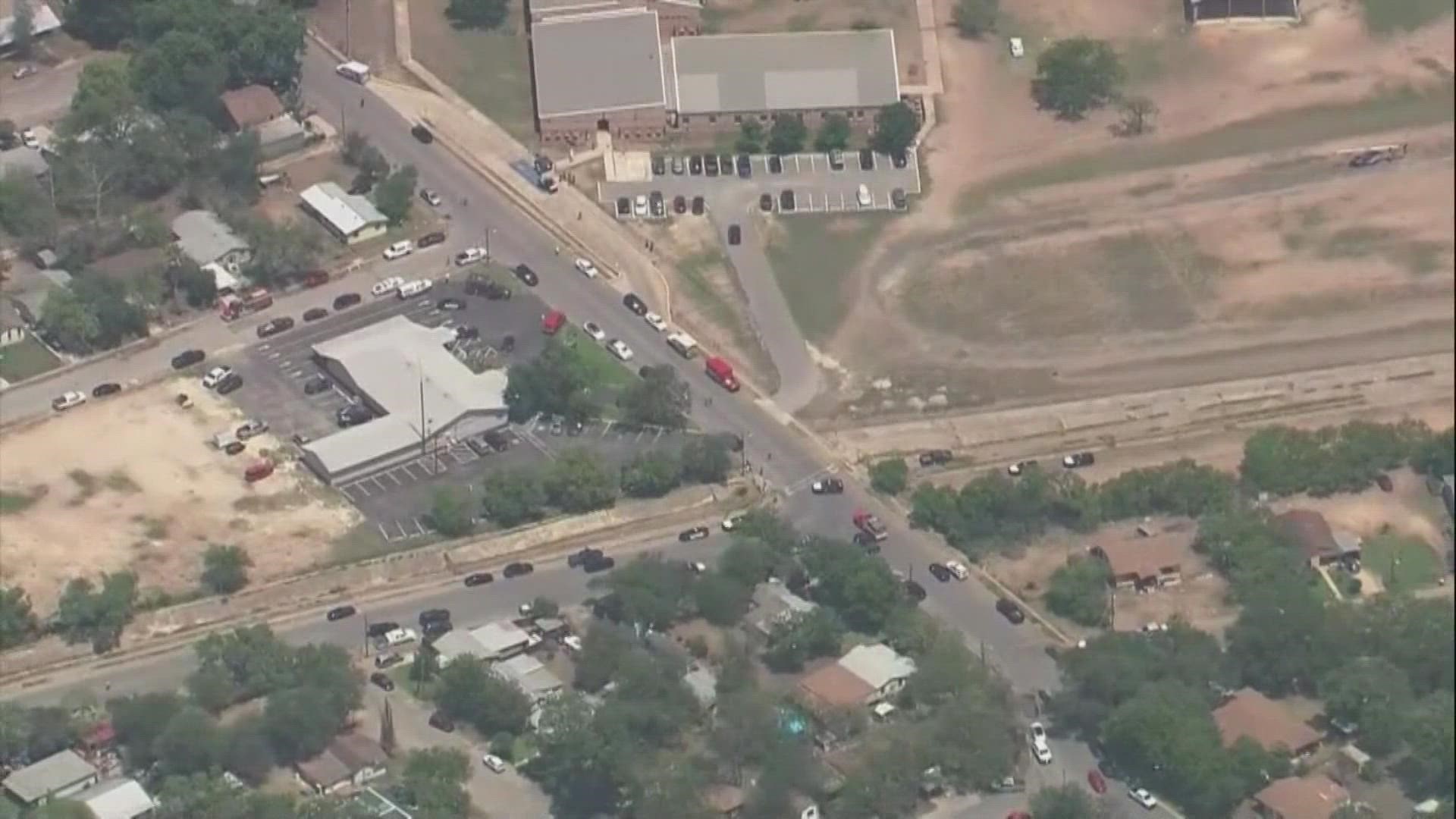FORT WORTH, Texas — Talking about tragedy is not easy, especially when it involves your little ones.
“Our children take their cues from us,” Cook Children’s neuro-psychologist Dr. Lisa Elliott said.
Elliott is also the manager of Cook Children’s Behavioral Health Clinic in Denton.
“It’s always better to address the subjects directly rather than avoid it. Be willing to start that conversation even if they don’t,” Dr. Elliott said. “Your child needs to know that you want to know how they are.”
Medical experts, including Dr. Elliott, with Cook Children’s met virtually Wednesday, encouraging parents to consider their child’s age and level of development.
“The older kids are going to be able to comprehend. And they’re going to have questions for you,” Cook Children’s emergency room physician Dr. Daniel Guzman said. “And so they may drive some of that conversation already.”
“Sometimes maybe the way to communicate it is through art or doing other activities,” Dr. Elliott said. “But it’s always best for the younger children to keep it brief or limited, more simple.”
Monitoring your child’s exposure to videos and pictures of the tragedy is important, the Cook Children’s experts said. They also admit: It can be hard to explain the political side of this issue.
“It’s obviously a polarizing issue that’s been ongoing for years,” Dr. Guzman said.
As parents, watch your kids’ behaviors and don’t be afraid to seek professional help, according to Dr. Elliott.
“If you see any changes in sleep, appetite, if you see mood changes, more irritability or behavioral changes, reduce in concentration, loss of interest in things they’ve enjoyed,” Dr. Elliott said. “When we diagnose depression, we’re looking for those behaviors lasting beyond two weeks.”
Guzman is also the director of the hospital system’s Aim for Safety program, which is focused on decreasing gun injuries in children.

